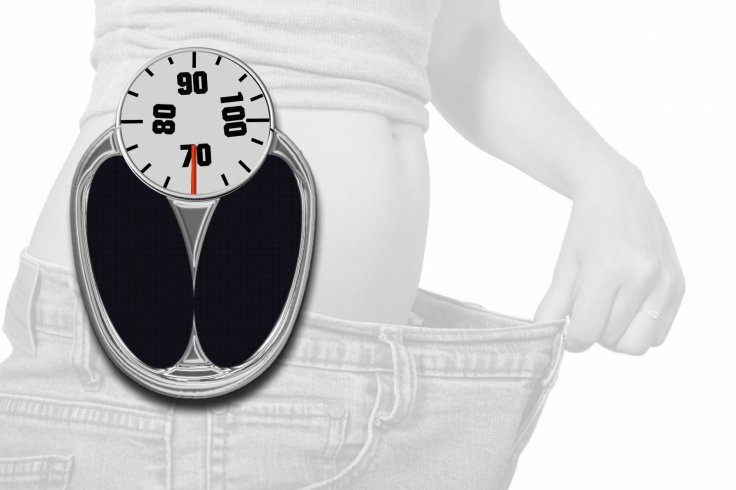Editing and uploading the selfies on the social media platforms like Instagram, in the hopes of getting more likes, may increase the risk of an eating disorder, according to a new study.
The researchers from Florida State University revealed a consistent and direct link between posting edited photos on Instagram and risk factors for eating disorders.
Specifically, digitally-editing pictures to improve personal appearance before posting photos to Instagram increased weight and shape concerns in college students.
Greater anxiety and reinforced urges

The study, published in the International Journal Eating Disorders, found that posting photos (edited or unedited) contributed to greater anxiety and reinforced urges to restrict food intake and exercise compared with not posting photos. "As more people turn to social media to stay connected, it's critically important to let others see you as you are.
"Compared with edited photos, we saw no decrease in the number of likes or comments for unedited photos on Instagram; knowing this could reduce harmful pressures to change how you look," said co-author Pamela K Keel from Florida State University.
Social media use has been implicated as a correlate and a cause of increased disordered eating but little is known about the impact of specific aspects of social media use, such as posting edited photos of the self.
Increased weight/shape concerns due to edited photos
Utilising a two-stage design, the present study sought to determine how posting edited photos relate to eating disorders, as well as anxiety and depression symptoms, in male and female college students. In stage 1, the research team examined concurrent associations between posting edited photos and mental health measures in 2,485 undergraduates (76 per cent female).
While in stage 2, they examined causal associations between posting edited photos and eating disorder risk factors in 80 undergraduates (93 per cent female) who endorsed posting edited photos in Stage 1 and volunteered for the experimental portion of the study.
The findings showed that those who endorsed posting edited photos reported greater eating pathology and anxiety than those who did not, but no differences were found for depressive symptoms. The study also found that posting edited photos caused increased weight/shape concerns.









